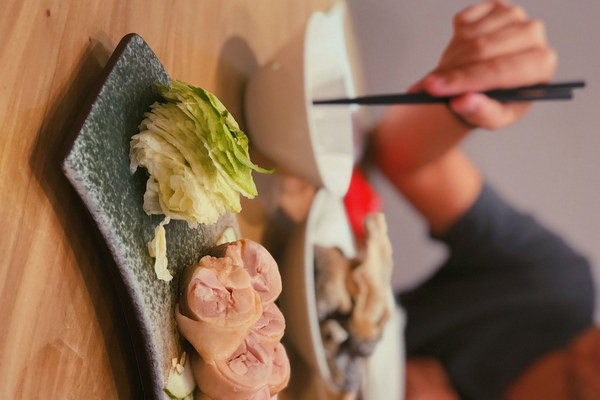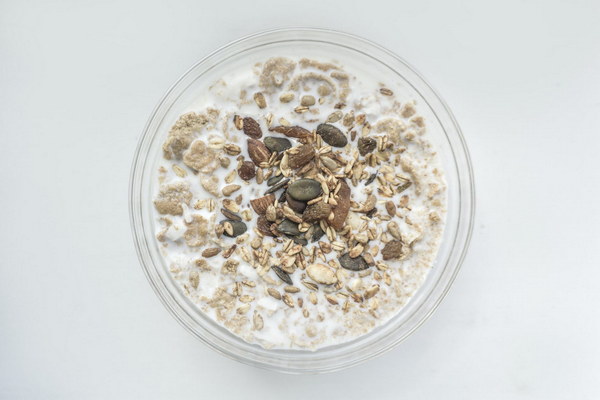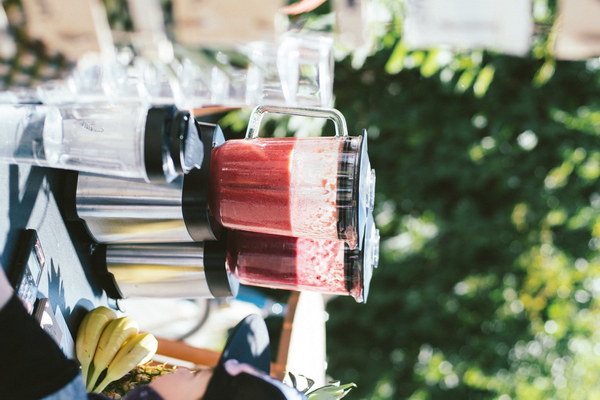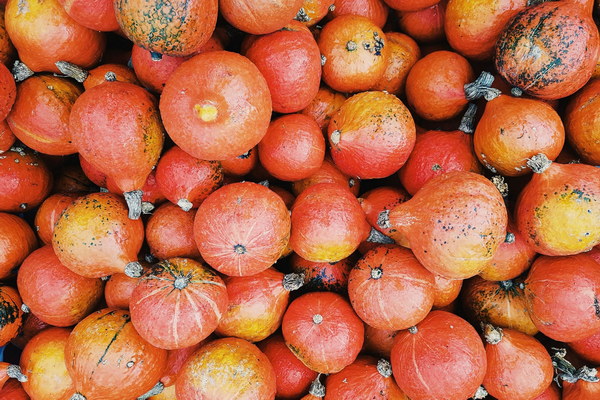Revitalize Your Health with Herbal Tea Remedies A Natural Solution to Dampness
In the pursuit of a healthy and balanced lifestyle, many individuals are turning to traditional remedies for various health concerns. One such condition that is prevalent, particularly in humid regions, is dampness. Dampness, also known as dampness-heat in Chinese medicine, refers to the accumulation of excess dampness in the body that can lead to various symptoms such as fatigue, weight gain, and water retention. One effective way to combat dampness is through the use of herbal tea remedies. Here, we delve into the benefits of using herbal tea remedies to alleviate dampness and provide you with a recipe for a refreshing and invigorating tea that can help you on your path to wellness.
Understanding Dampness in Chinese Medicine
In Chinese medicine, dampness is considered an internal imbalance that can arise from various factors such as excessive intake of cold or raw foods, living in a damp environment, or poor dietary habits. When dampness accumulates in the body, it can lead to a range of health issues, including:
- Weight gain and fluid retention
- Fatigue and lack of energy
- Poor digestion and bloating
- Joint pain and stiffness
- Skin issues, such as eczema or acne
- Mental fog and lack of concentration
Herbal Tea Remedies: A Natural Solution to Dampness
Herbal tea remedies have been used for centuries in Chinese medicine to address various health concerns, including dampness. These teas are made from natural herbs that have been traditionally used to eliminate dampness, promote digestion, and restore balance to the body. Here are some of the key herbs often found in dampness-busting teas:
1. Poria (Fuling): Poria is a versatile herb known for its ability to drain dampness and improve fluid metabolism. It is commonly used in combination with other herbs to address dampness-related symptoms.
2. Cinnamon (Rou Gui): Cinnamon has warming properties that can help to expel cold and dampness from the body. It is also known for its ability to improve circulation and digestion.
3. Astragalus (Huang Qi): Astragalus is an adaptogenic herb that supports the immune system and helps to boost energy levels. It is often used in combination with other herbs to enhance their effectiveness.
4. Licorice Root (Gan Cao): Licorice root is a neutralizing agent that helps to balance the properties of other herbs in the tea. It is also known for its anti-inflammatory and soothing properties.
Recipe: Dampness-Relieving Herbal Tea
Ingredients:
- 2 tablespoons dried poria (Fuling)
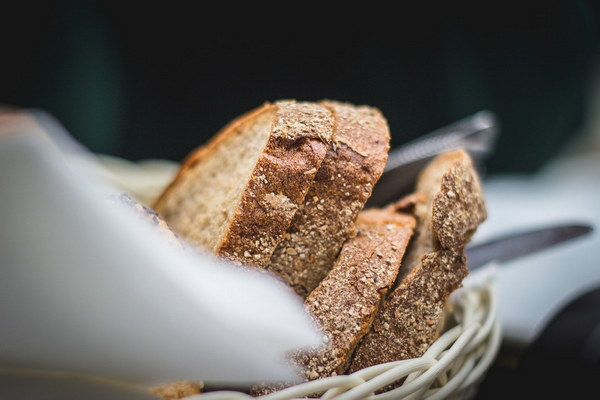
- 1 tablespoon dried cinnamon (Rou Gui)
- 1 tablespoon dried astragalus (Huang Qi)
- 1 tablespoon dried licorice root (Gan Cao)
- 4 cups of water
Instructions:
1. Combine the dried herbs in a pot.
2. Add 4 cups of water to the pot and bring to a boil.
3. Reduce the heat to a simmer and let the mixture steep for about 20 minutes.
4. Strain the tea and pour it into a cup.
5. Enjoy your dampness-relieving herbal tea while it's still warm.
Benefits of Drinking Dampness-Relieving Herbal Tea
Regular consumption of dampness-relieving herbal tea can provide numerous health benefits, including:
- Improved digestion and reduced bloating
- Increased energy levels and reduced fatigue
- Enhanced mental clarity and focus
- Improved skin health
- Reduced water retention and weight loss
In conclusion, herbal tea remedies offer a natural and effective way to combat dampness and restore balance to the body. By incorporating these teas into your daily routine, you can enjoy improved health, vitality, and overall well-being. Remember to consult with a healthcare professional before starting any new herbal remedy, especially if you have pre-existing health conditions or are pregnant.

